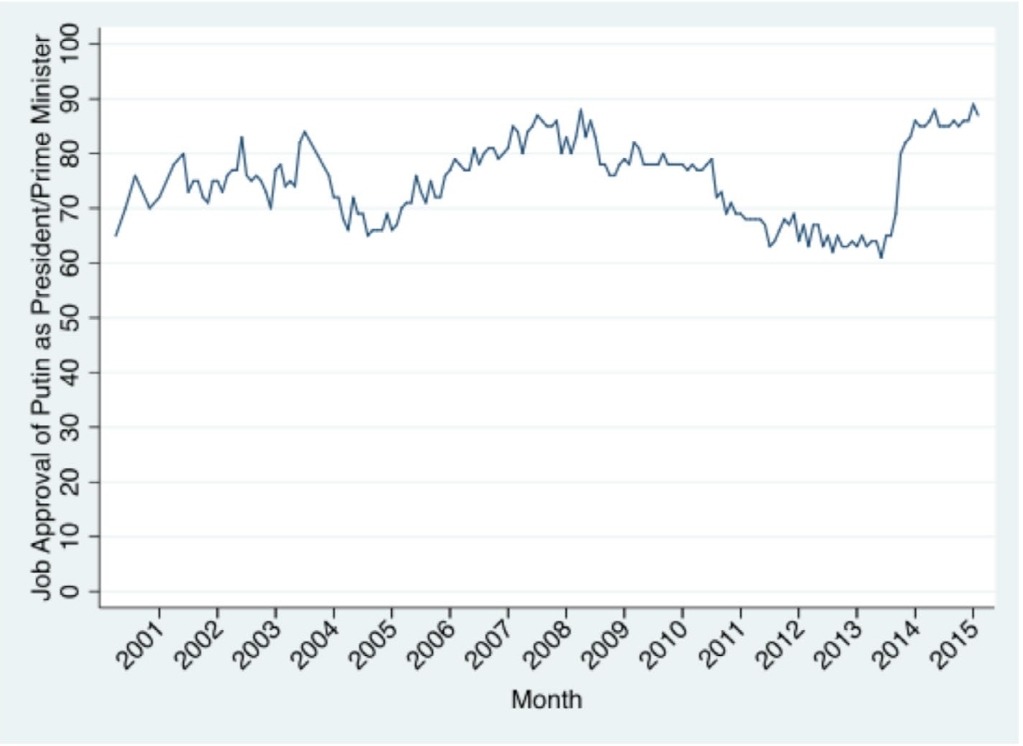I’ve seen it for Venezuela and Syria, but i’m sure i could find this for quite a lot of other countries.
We’re usually saying that it would legitimize these elections, and are asking instead that the opponents boycott them. We can continue to criticize the biases surrounding the votes instead of the votes themselves if that’s the problem.
Some leaders may believe that the processus of elections is biased because unjust external pressures are putting a strain on the country and strengthening the opposition ; but, despite that, some of them are still asking for international observers, which could be an occasion to seize, instead of refusing to send them yet accusing them of cheating.
So i wonder if i’m missing something by thinking that we don’t want to legitimate the whole process by counting the votes.
For them it seems like it would be the same if they’re already asking, but for us it could open our societies to accusations of double standards since it could be argued that our own elections aren’t perfect.
In the end sanctions would stay in place so it wouldn’t be useful in any way, and doesn’t matter, i should probably delete this post but i’m leaving it in the off-chance that some find an interest in it.
If you had the initial thought that international observers won’t prevent cheating : they would count in double the votes, with the venezuelans of their area, and have everything under their eyes from the beginning of the vote to the end of the official count, so i don’t see how cheating would be possible.
For now, our version is that they’re miscounting the votes, yet we’re refusing to send such observers.


Sure, I would love to see those sources if you find them. Venezuela and Russia, if you would.
I can’t find this source again(, when they said that they lacked time to send observers), it wasn’t talked much at the time, but i’m positive it happened, here’s an example of refusal for 2020 though : https://www.theglobeandmail.com/world/article-eu-says-it-wont-send-observers-to-monitor-venezuelan-election-due-to/
Apparently, they’ve agreed to send observers in 2021 : https://www.postguam.com/the_globe/world/maduro-electoral-observers-from-eu-delegation-of-spies/article_8df8438a-50d1-11ec-b8be-13b5cf9ed4e5.html
The last time was in 2015, once again at the request of the venezuelan government : https://www.eeas.europa.eu/node/26227_en
Some people say that the government won’t ask again in 2024 : https://www.reuters.com/world/americas/venezuela-will-not-allow-eu-election-observers-2024-vote-lawmaker-2023-07-13/
But i’ve clearly overestimated the impact : Venezuela will still be sanctioned and the public opinion will still consider that they’re miscounting the votes. Allowing international observers or not doesn’t change anything in the end, we’ll only be satisfied once the socialist revolution is out, and will continue to accept unsatisfying electoral conditions with our allies(, e.g., in Africa).
You’ll need to read pro-venezuelans medias to see the other point of view.
As for Russia, you’ll mostly find articles saying that his disapproval rate is at an all-time high, but this kind of article, or statista, are confirming that he’s one of the most popular president in the world. I could easily find more sources for this, so the reasoning is that when you’re so overwhelmingly popular there’s no need to miscount the votes in your favor :

Are you unsatisfied with the sources or my conclusions ?
Well, the sources are satisfying in that they disprove a lot of what you’re saying. Venezuela was declined once while most of the time observers were sent. And you were unable to find sources for Russia at all.
You’re evidently right, but many articles for the 2021 elections(, 1, 2, 3, …, including the one cited), said that it has been 15 years since the EU sent observers.
In any case i would like to emphasised that this debate isn’t useful : even if westerners systematically sent observers they would still claim that the results are illegitimate because of the overall process(, which deserve some explanations/debates because our own system is far from perfect, and we’re blending the consequences&causes of the sanctions, etc.). I should have deleted this post like i intended at first once i realized that.
A few more minutes of research wielded these results :
I didn’t write that we refused to send international observers to Russia, but that « i’ve read such suspicions about Russia and Iran, we even showed videos of a ballon in front of the c.c.t.v. for Russia », despite « the reasoning that when you’re so overwhelmingly popular there’s no need to miscount the votes in your favor ».
It appears that we did send international observers(, until 2021), but my point is that it wasn’t necessary, yet we’re still showing suspicions(, e.g. the balloon in front of a c.c.t.v. to take an example).
I’d just like to end by saying once again that this whole debate is pointless because it doesn’t change anything in the end, whether we systematically refused to send observers, or always sent them while accusing the whole “democratic” process instead(, it’s apparently in-between, but much more the latter than the former, contrary to what i initially thought).
I should have deleted this post from the start like i first intended once i realised, in the selftext, that « In the end sanctions would stay in place so it wouldn’t be useful in any way, and doesn’t matter, i should probably delete this post but i’m leaving it in the off-chance that some find an interest in it. »
Sorry if you felt that i wasted your time.